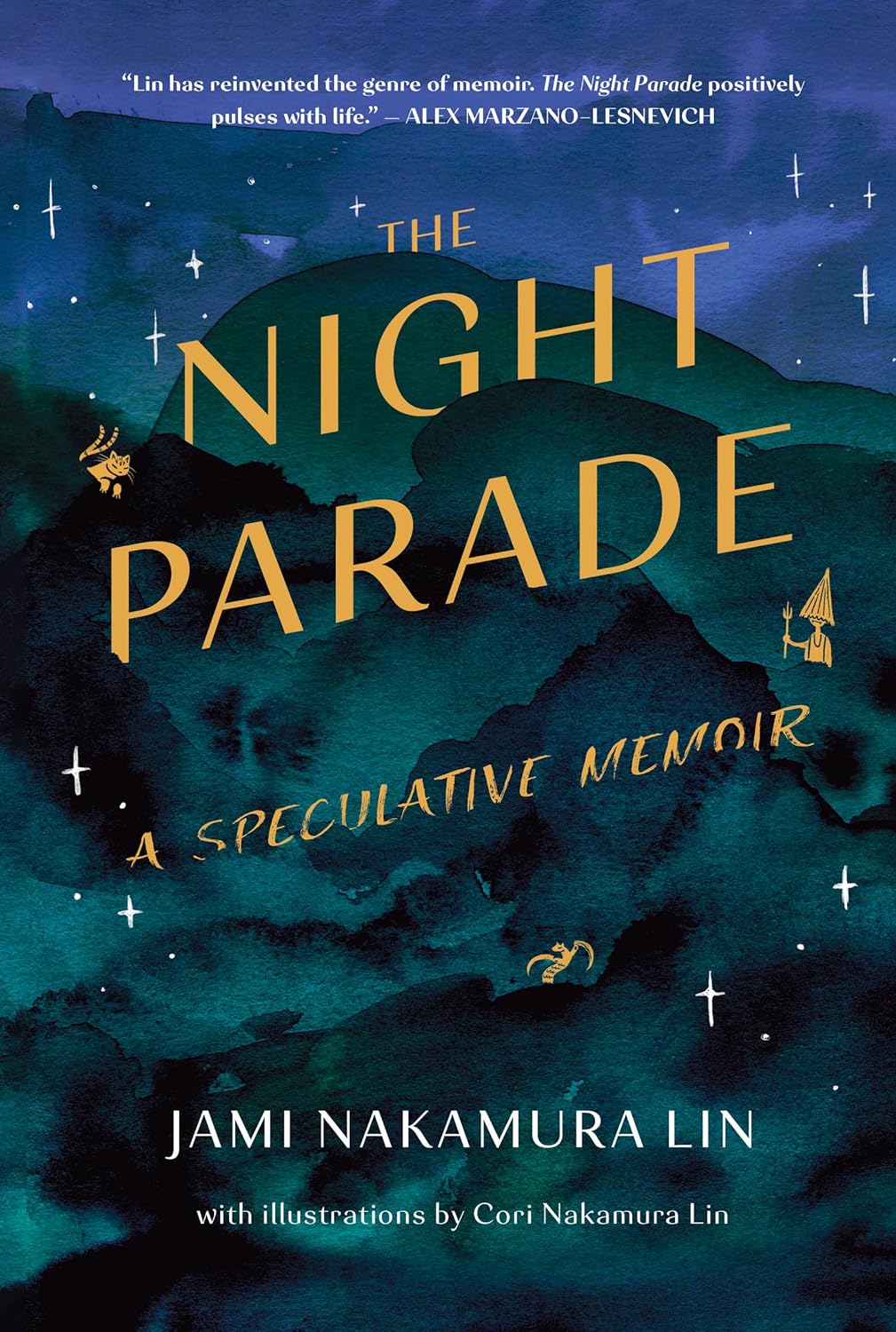Lin utilizes myths from her Taiwanese and Japanese roots to comprehend mental illness, cancer, and the loss of a pregnancy.
At the age of 17, Lin was admitted to a hospital due to a mental health condition that doctors later identified as bipolar disorder. She remembers her time in the psychiatric ward, which she calls “Upstairs,” as a period of relief. She recalls, “I didn’t feel the need to prove my sickness, unlike when I was with people outside who thought my illness was just a cry for attention or a way to evade responsibility.” Among the other patients, Lin found a sense of belonging, finally meeting young women who could understand her situation—a feeling she longed for later in life when she became pregnant and realized she didn’t know any other “bipolar parents.” Her hospitalization also marked a significant turning point: the day her father, finally understanding the severity of her teenage turmoil, asked her, “Do you need help?”—and for the first time, Lin was able to say, “yes.” This memory became especially poignant when, after suffering a miscarriage, Lin gave birth to a daughter just weeks before her father passed away from cancer. To comprehend these intertwined narratives, Lin turns to Asian mythology, using the tale of the “bone woman” who haunts her former lovers to articulate her feelings about her miscarriage, and the baku, a “nightmare eater,” to express her feelings about her father’s death. Throughout this innovative narrative, Lin takes deliberate literary leaps, from employing letter-writing formats to experimenting with perspective. These daring moves yield significant results, culminating in a raw, insightful, and uniquely original reflection on survival, illness, and mourning.

